Seasonal Produce Driving Spring Menus Down Under
10 min read Exploring how seasonal produce shapes vibrant spring menus across Australia, inspiring fresh and innovative culinary experiences. August 09, 2025 03:05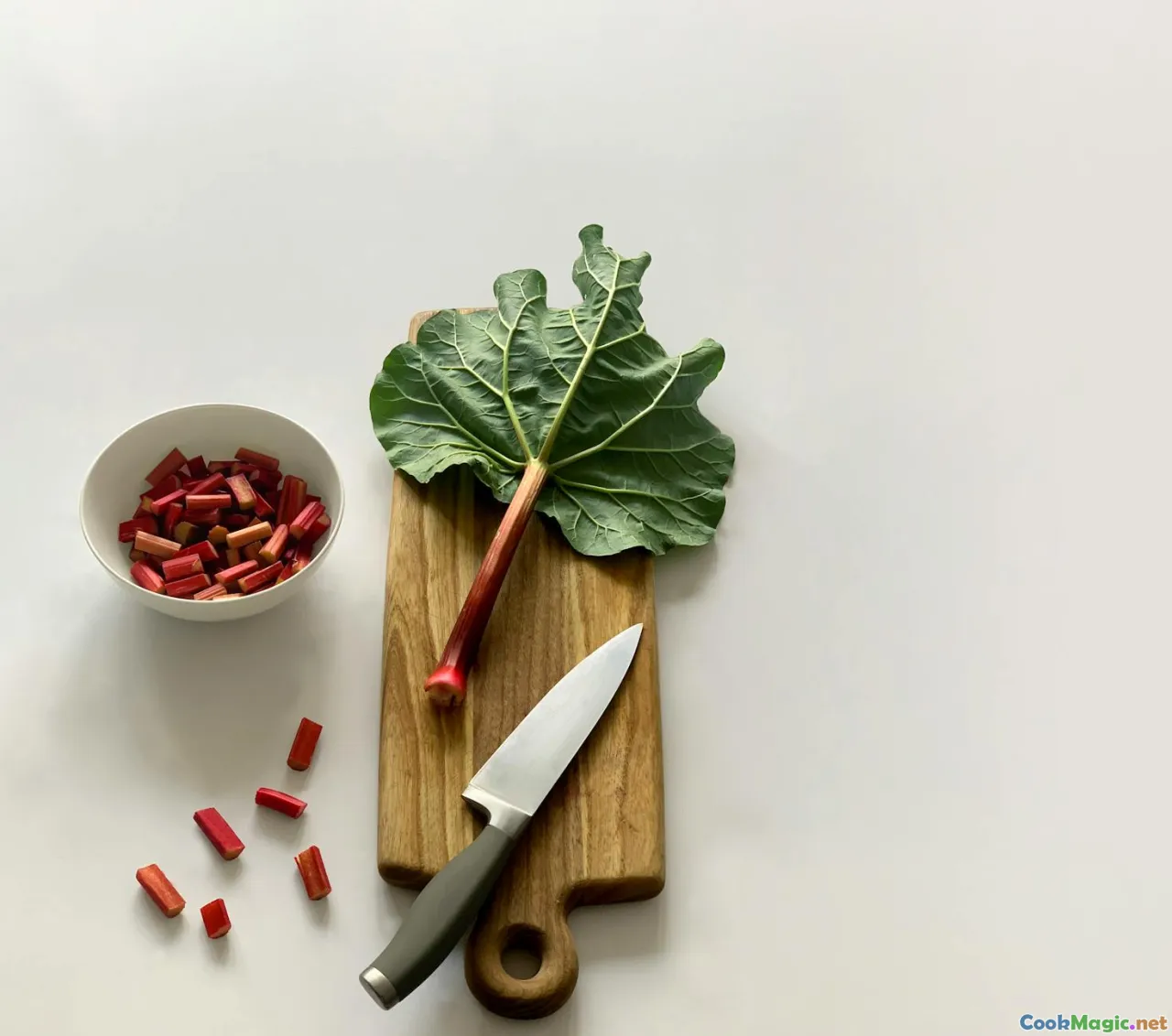
Seasonal Produce Driving Spring Menus Down Under
As the first gentle whispers of spring sweep across Australia's diverse landscapes, the culinary scene awakens in response—every bite infused with the vibrant energy of the season. There’s something undeniably enchanting about this time of year: the air shifts from the chill of winter to a warmer, earthier aroma, while markets burst with kaleidoscopic displays of fresh produce. For chefs and food lovers alike, spring is a palette of possibility—an invitation to celebrate local, fleeting treasures that define the essence of Australian cuisine.
From the lush orchards of Tasmania to the coastal farms of Queensland, spring produce offers a symphony of flavors and textures that inspire menus rooted in freshness and heritage. Today, we take a deeper dive into how seasonal ingredients sculpt the menus down under, weaving cultural stories and sensory delights into every dish.
The Cultural Significance of Spring Produce in Australia
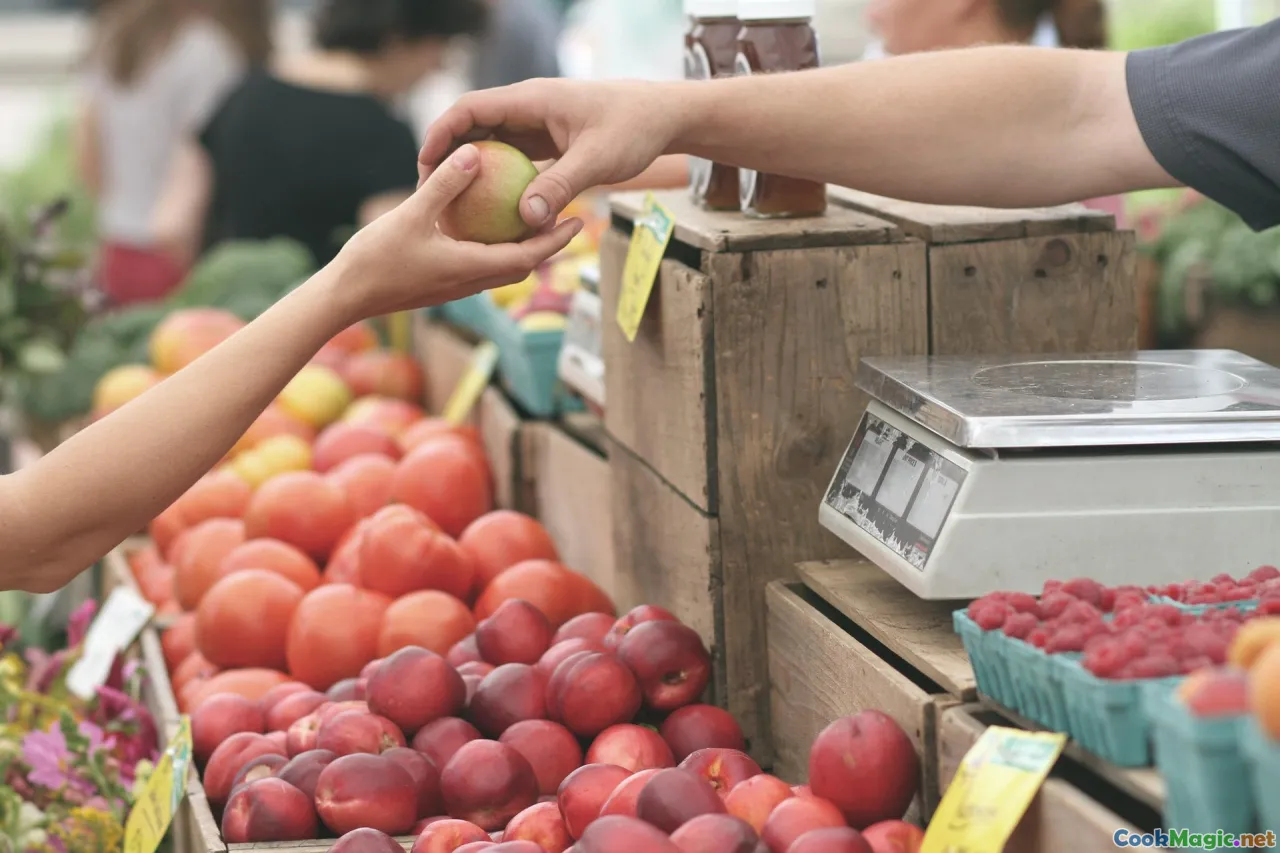
Spring in Australia isn't merely a calendar marker; it’s a reflection of cultural identity and agricultural resilience. Indigenous communities have long celebrated the changing seasons through traditional harvesting of native plants like warrigal greens, yam daisy, and native yams, which continue to influence contemporary cuisine. These ingredients are more than sustenance—they are symbols of connection to land, history, and spirituality.
European settlers introduced their own crops, yet the Australian landscape’s unique ecology has fostered a distinct culinary narrative—one that hinges on fresh, seasonal bounty. For producers and chefs, spring signifies renewal, an opportunity to showcase the best of what nature yields during this fleeting window.
In urban hubs like Melbourne, Sydney, and Brisbane, farmers markets hum with activity as small-scale producers display blushing strawberries from the Yarra Valley, tender baby carrots, and early-season asparagus. These ingredients help create menus that honor tradition while embracing contemporary innovation.
Iconic Spring Ingredients and How to Celebrate Them
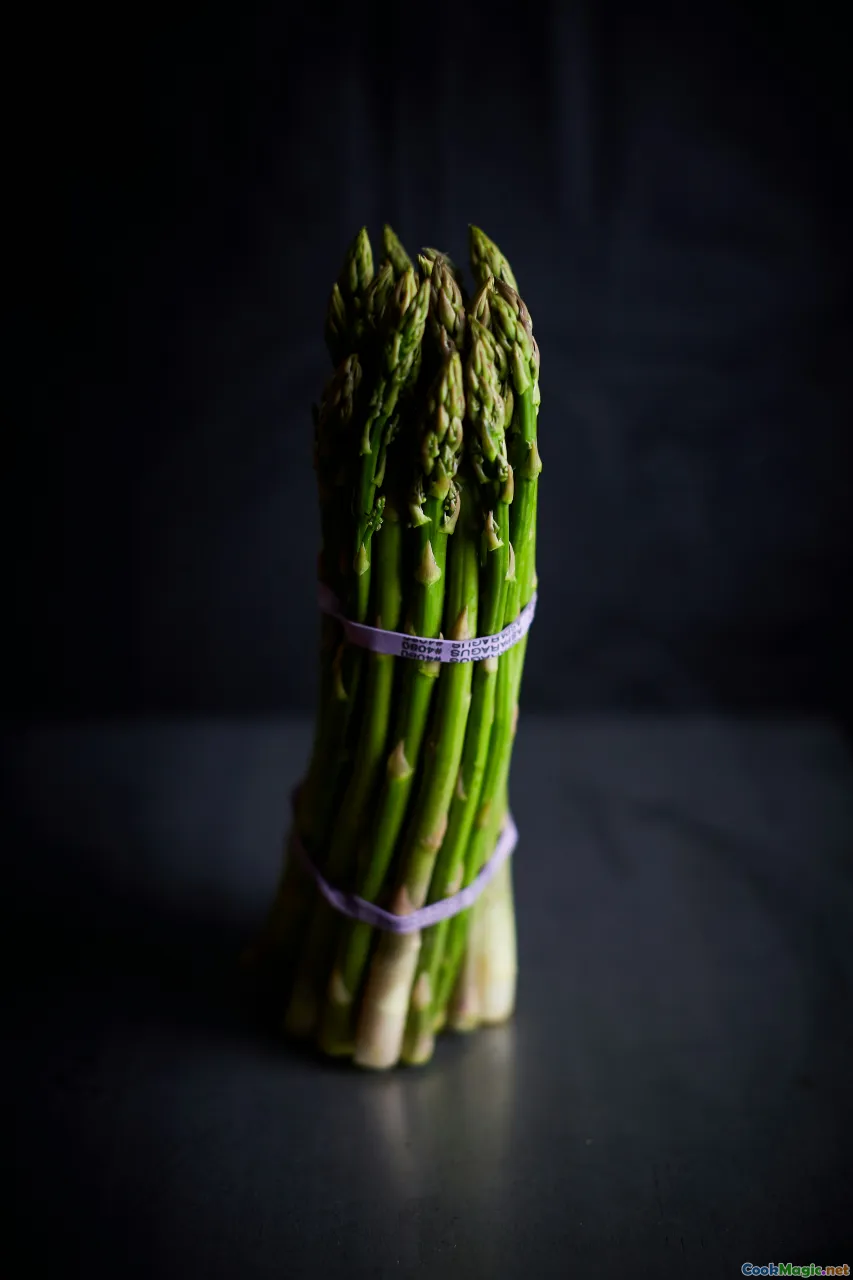
Asparagus
Australian asparagus, especially from regions like Sunraysia and the Yarra Valley, emerges as one of spring’s stars. Its slender, vibrant stalks—ranging from pale green to deep purple—offer a delicate crunch and a sweet, earthy aroma. Grilled lightly with a drizzle of olive oil and finished with flaky sea salt, fresh asparagus becomes an elegant appetizer or side. Chefs often pair it with shaved bottarga or a lemon-infused hollandaise, elevating its natural flavor.
Strawberries
The sweet, perfumed aroma of strawberries fills coastal gardens much earlier here than in the northern Hemisphere. Australian strawberries, notably those from Tasmania’s tables, burst with a juicy tang and a hint of wild berry complexity. Incorporate them into vibrant salads with peppery rocket, toasted pistachios, and a splash of balsamic reduction or craft a simple strawberry shortcake with freshly whipped cream for an indulgent treat.
Mint and Native Greens
Spring is the perfect time for aromatic herbs, especially fresh mint—ubiquitous in drinks and desserts—that invigorates dishes with its cooling, slightly sweet aroma. Indigenous greens like warrigal greens bring a savory, spinach-like flavor with a salty umami profile, sometimes paired with native spices such as lemon myrtle or saltbush in contemporary plates.
Other Ingredients
Don’t overlook the humble boysenberry, which begins its seasonal run in coastal areas, or the diverse shellfish like Sydney rock oysters and Moreton Bay bugs that flourish in this time of renewal. Also, gather spring’s fragrant peas, radishes, and baby-brussels, perfect for adding color and crunch.
Crafting a Spring Menu: Techniques and Inspiration
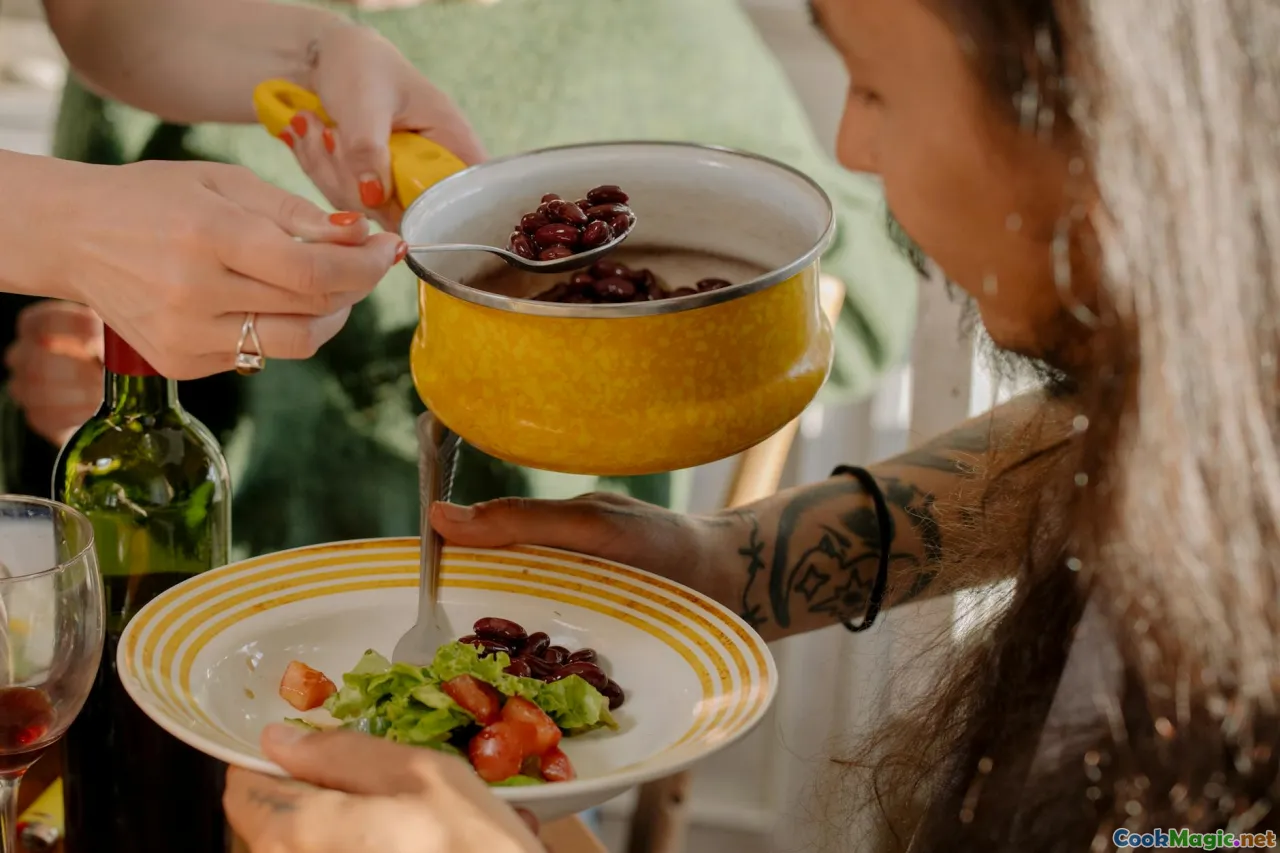
Balance and Freshness
In spring menus, harmony is key. Start with a light entrée—perhaps Asian-inspired oyster ceviche topped with finger lime pearls and native saltbush—highlighting the fresh briny sweetness of Pacific oysters. Use acid, such as verjuice or lemon, to brighten flavors and pepper herbs and native infusions for nuances.
Optimal Pairings
Complement zingy greens with subtle meats, like quail or rabbit, seasoned with native herbs. For mains, consider a simple grilled barramundi atop a bed of wilted warrigal greens, finished with a native bush tomato relish. Experiment with textures—crisp radish slices, tender seasonal greens, and nutty grains create a dish that is as satisfying visually as it is on the palate.
Emphasize Local Artisans
Partner with local cheese-makers for spring-inspired cheese boards, featuring soft, fresh cheeses paired with seasonal fruits and native-flavored chutneys. Likewise, sourcing organic, seasonal bread from regional bakers adds depth.
Dessert Ideas
Highlight strawberries in a layered trifle with sponge cake, lemon zest, and whipped cream, or go for a native-fusion approach with lemon myrtle panna cotta topped with berry compote. For a refreshing finish, serve a native herbal iced tea or a tangy finger lime sorbet.
Sustainable Ways to Highlight Seasonal Produce
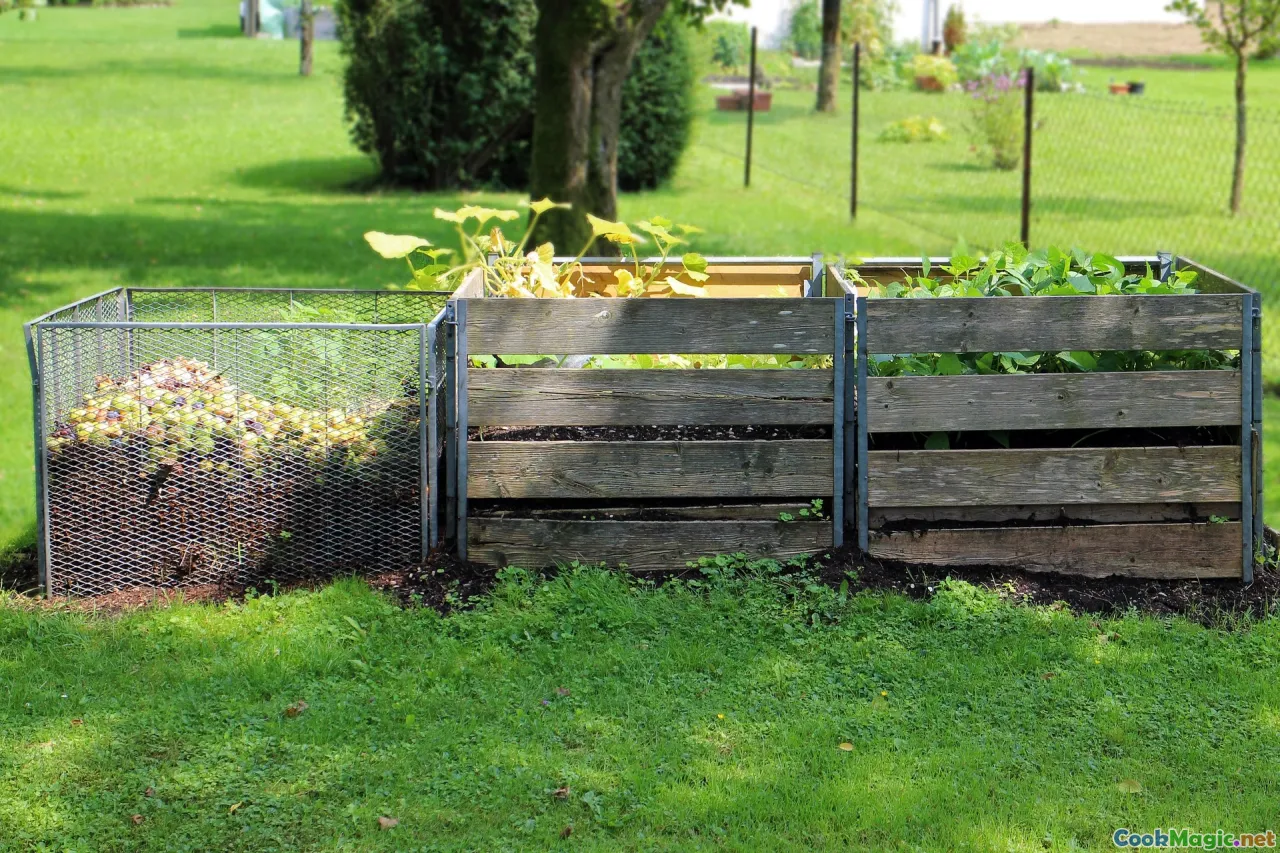
Sustainability is integral to celebrating seasonal bounty. Embrace farm-to-table principles—building relationships with local growers ensures freshness, reduces carbon footprint, and supports regional economies. Use the whole ingredient to minimize waste: Beet stems, for instance, can be pickled; radish tops can be blended into pestos.
Highlight native ingredients not only for their flavor but also for their resilience—they often require fewer resources, aligning with sustainable practices. Educate patrons about native superfoods, promoting biodiversity and cultural appreciation.
The Personal Touch: Sharing Story-Driven Dishes

Nothing resonates more than dishes that tell a story. Imagine a spring brunch featuring a native wattle seed scones served alongside a berry compote—crafted from loosely foraged wild berries, reclaimed and celebrated. Or a communal dish like kangaroo and vegetable skewers, mirroring indigenous cooking methods and local ingredients.
Many chefs in Australia incorporate storytelling as a core element, connecting diners to the land and tradition. By sharing the origins of ingredients—perhaps a trip to a Tasmanian orchard or a visit to a native bushland—you transform a meal into a meaningful experience.
Seizing the Moment: Tips for Incorporating Spring Produce in Your Menu
- Scout local markets early—Spring’s ingredients are fleeting in their prime.
- Experiment with native ingredients—Introduce prickleberries or native spices in modern ways.
- Focus on freshness—Select ingredients at their peak, and avoid over-processing.
- Pair seasonality with storytelling—Share the tale behind each ingredient's origin.
- Respect tradition, embrace innovation—Combine indigenous flavors with contemporary techniques.
Spring under down under is a fleeting, vibrant canvas. It invites chefs and food lovers alike to craft menus steeped in freshness, flavor, and cultural storytelling—each dish echoing the lively spirit of renewal that spring embodies across Australia. To celebrate this season is to honor the land’s bounty, foster connections, and inspire culinary creations that resonate well beyond the plate.









